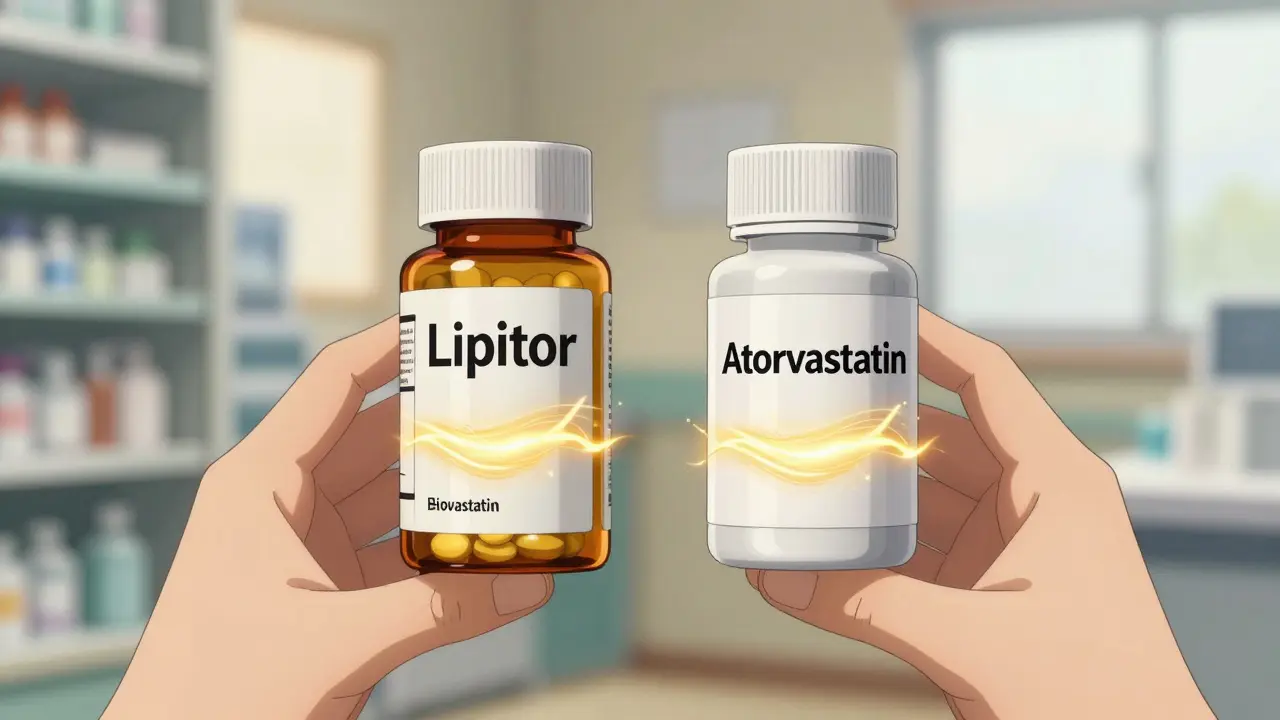Anti-Inflammatory Tips: Easy Ways to Fight Inflammation
Inflammation is the body's alarm system. It helps you heal, but when it sticks around too long it can turn into pain, stiffness, and chronic disease. Many of us feel the sting after a workout, a bad night’s sleep, or a stressful day, and we wonder how to quiet it without popping every pill on the shelf. The good news is that a few daily changes can dial down the fire and keep you moving comfortably.
Everyday Habits That Cut Inflammation
First, look at your sleep pattern. Getting 7‑9 hours of solid rest lets the body reset hormones that control inflammation. If you toss and turn, try a cool, dark room and shut off screens an hour before bed. Next, stress matters as much as diet. When you’re stressed, cortisol spikes and fuels inflammatory pathways. Simple breathing exercises, short walks, or a brief meditation can lower that spike in minutes.
Movement is another key player. You don’t need marathon training; just a brisk 20‑minute walk, light stretching, or a quick bike ride gets blood flowing and sweeps out inflammatory waste. Avoid long periods of sitting – stand up, stretch, or do a few body‑weight moves every hour. These tiny bursts keep joints lubricated and muscles active, reducing the chronic low‑grade inflammation that builds up over time.
Foods and Supplements That Help
What you eat feeds the inflammation engine. Swap out processed snacks for whole foods rich in antioxidants and omega‑3 fats. Fatty fish like salmon, sardines, or mackerel deliver EPA and DHA, which are proven to calm inflammatory signals. If fish isn’t your thing, grab a handful of walnuts, chia seeds, or flaxseeds for the same benefit.
Plant‑based powerhouses such as berries, leafy greens, and tomatoes bring polyphenols that act like natural fire extinguishers. Add turmeric or ginger to sauces, teas, or smoothies – the curcumin and gingerol in these spices have strong anti‑inflammatory properties. For many people, a daily 500 mg curcumin supplement with a pinch of black pepper (to boost absorption) works well, but start low and watch for any stomach upset.
Over‑the‑counter options like ibuprofen or naproxen can relieve acute flare‑ups, but they’re not meant for daily use. Use them only when pain spikes and follow the label dosage. If inflammation sticks around for more than a week, or if you notice swelling, joint loss, or persistent fatigue, it’s time to talk to a healthcare professional. They can check for underlying conditions and suggest prescription‑strength options if needed.
Bottom line: a mix of good sleep, stress management, regular movement, and anti‑inflammatory foods can keep the fire under control. You don’t have to overhaul your life overnight – pick one habit, stick with it for a couple of weeks, then add another. Small, consistent steps add up to big relief, letting you enjoy everyday activities without the constant ache.

Autumn Crocus: Science-Backed Benefits for Your Diet and Wellness
Discover how autumn crocus transforms from garden beauty to a powerhouse dietary supplement. Learn about its unique benefits, safe use, and the science that makes it a standout addition to your wellness routine.




